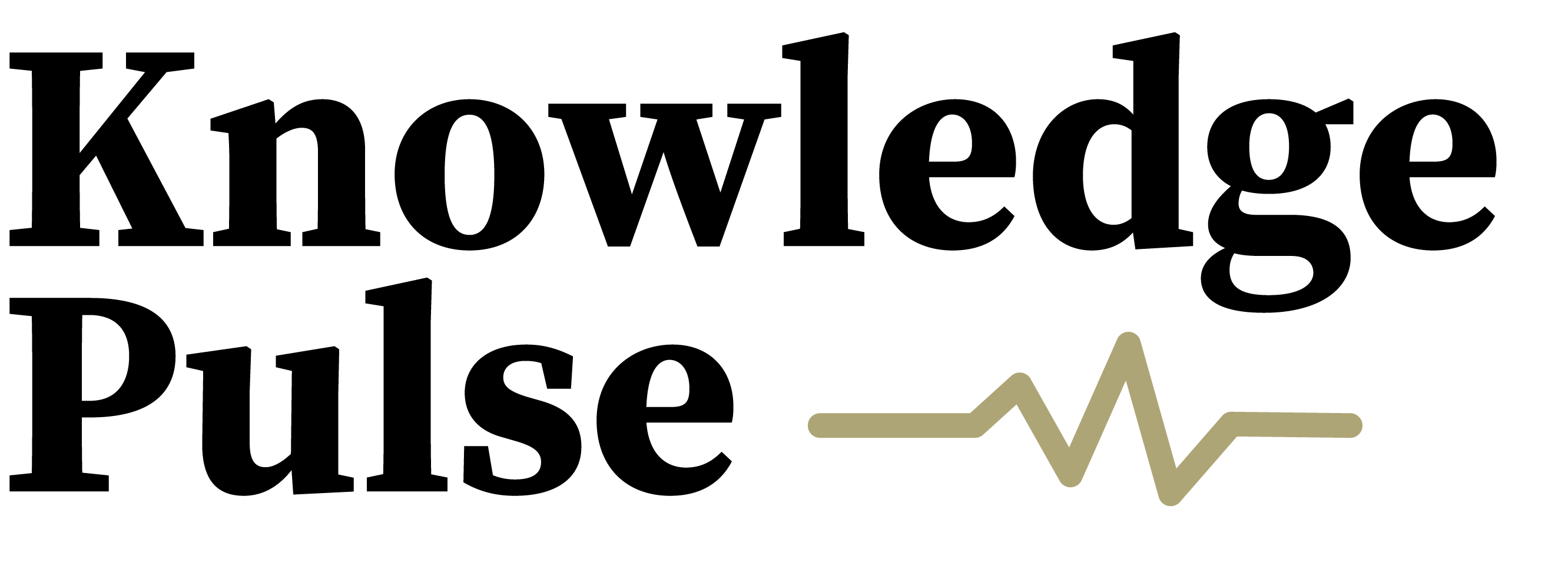In an era of constant digital stimulation, understanding the scientific impact of technology on the brain is crucial. Research has shown that excessive screen time alters cognitive functions, attention span, and emotional well-being. The brain adapts to constant digital exposure, often leading to dopamine-driven habits, reduced deep focus, and impaired memory consolidation. This article explores how technology affects the brain, the cognitive and psychological consequences of overuse, and how a digital detox can help restore mental clarity and well-being.
Table of Contents
- Introduction: The Intersection of Technology and Neuroscience
- How Technology Affects Brain Chemistry
- The Impact on Attention and Focus
- Digital Overload and Its Effect on Memory
- Psychological Consequences of Excessive Screen Time
- The Role of Sleep Disruption in Brain Health
- How a Digital Detox Can Reverse Negative Effects
- Practical Steps to Implement a Digital Detox
- Conclusion: Striking a Balance Between Technology and Brain Health
1. Introduction: The Intersection of Technology and Neuroscience
In today’s hyper-connected world, our brains are constantly bombarded with information. While technology enhances communication and efficiency, it also reshapes neural pathways, affecting how we think, feel, and behave. Scientists have discovered that prolonged exposure to digital devices can alter dopamine regulation, impair cognitive flexibility, and increase stress levels. Understanding these effects is the first step toward making informed decisions about technology use.
2. How Technology Affects Brain Chemistry
Technology consumption, particularly through social media, gaming, and instant notifications, is linked to dopamine release, the neurotransmitter responsible for pleasure and reward.
Key Effects on Brain Chemistry:
- Increased Dopamine Dependency: Frequent screen use reinforces reward-seeking behavior, making digital interactions addictive.
- Reduced Patience & Instant Gratification: The constant availability of fast information trains the brain to prefer quick rewards over long-term focus.
- Heightened Stress Response: Excessive notifications and multitasking can increase cortisol levels, the hormone linked to stress and anxiety.
| Brain Chemical | Role in Digital Interaction | Consequence of Overuse |
|---|---|---|
| Dopamine | Encourages reward-seeking | Leads to compulsive scrolling |
| Cortisol | Regulates stress response | Increases anxiety & burnout |
| Serotonin | Affects mood balance | Disrupted by screen overuse |
3. The Impact on Attention and Focus
Modern technology fragments our attention span by promoting multitasking and constant interruptions. Studies indicate that the average human attention span has dropped from 12 seconds in 2000 to just 8 seconds today.
How Digital Overuse Affects Focus:
- Frequent task-switching weakens deep work capabilities.
- Push notifications train the brain to expect constant distractions.
- Scrolling culture makes it harder to engage in prolonged, deep thinking.
Solution: A digital detox can help rebuild sustained attention and improve focus over time.
4. Digital Overload and Its Effect on Memory
The brain’s ability to process and store information is significantly impacted by technology. Research shows that reliance on external digital tools like search engines and note-taking apps reduces memory retention.
Short-Term vs. Long-Term Memory:
- Short-term overload: Digital media floods the working memory, making it harder to retain information.
- Reduced deep encoding: Constantly looking up information prevents the brain from forming strong neural connections.
- Shallow learning: Consuming fast, fragmented content (e.g., TikTok, Twitter) weakens critical thinking.
Brain Training Tip: Reducing screen time and engaging in offline learning (e.g., reading physical books) can enhance memory recall and cognitive depth.
5. Psychological Consequences of Excessive Screen Time
Key Psychological Effects:
- Increased anxiety and depression due to social media comparisons.
- Reduced self-esteem from unrealistic online portrayals.
- Digital fatigue and burnout from constant screen exposure.
Scientific Insight: A study by the American Psychological Association found that individuals who engage in prolonged digital use report higher levels of loneliness and emotional exhaustion.
6. The Role of Sleep Disruption in Brain Health
Screen exposure before bedtime negatively impacts sleep quality due to blue light suppression of melatonin.
How Digital Devices Affect Sleep:
- Disrupts circadian rhythm, leading to insomnia.
- Reduces REM sleep, affecting memory consolidation and emotional processing.
- Increases nighttime awakenings, causing chronic fatigue.
Quick Fix: Implementing a screen-free wind-down routine before bed can drastically improve sleep quality.
7. How a Digital Detox Can Reverse Negative Effects
Reducing digital consumption can restore brain function and emotional well-being.
Key Benefits of Digital Detox:
- Improved concentration and deeper thinking
- Reduced stress and improved emotional regulation
- Better sleep cycles and energy levels
- Enhanced social connections and real-world engagement
| Detox Activity | Benefit for Brain |
|---|---|
| Nature walks | Boosts creativity & reduces stress |
| Journaling | Improves memory & self-awareness |
| Meditation | Enhances focus & emotional resilience |
8. Practical Steps to Implement a Digital Detox
Taking a break from digital devices requires strategic planning. Follow these steps to make the transition smoother:
Step-by-Step Guide:
- Set Screen-Free Hours: Define specific times for being offline.
- Turn Off Non-Essential Notifications: Reduce unnecessary distractions.
- Create Device-Free Zones: Keep bedrooms and mealtimes tech-free.
- Engage in Offline Activities: Replace screen time with books, sports, or face-to-face conversations.
- Track Progress: Use apps to monitor digital consumption and set limits.
9. Conclusion: Striking a Balance Between Technology and Brain Health
While digital devices have revolutionized the way we live and work, excessive use rewires the brain in ways that can be detrimental to focus, memory, and emotional well-being. By understanding the scientific impact of digital overuse and taking proactive steps toward mindful technology consumption, we can achieve a healthier relationship with technology.
Are you ready to take control of your digital habits? A well-structured Digital Detox could be the reset your brain needs.








